
You never meet people by accident. They always come into your life for a very definite purpose that is only revealed later. That’s exactly where my story begins and what it is about.
On a regular day at an organ donation awareness meet, I ran into Dr.Philip.G.Thomas, a Multi-Transplant Surgeon, who was heading the transplant unit at the Lakeshore hospital in Kochi.
We kept in touch and over time I realized that he had written a book called TRANSPLANT STORY. As the name suggests, it’s a book about the miracle of life and how in a transplant case the donor is the true hero. After reading the book, which I did in exactly one day since it was so gripping, I was ready to do anything to help organ donation. Little did I know that the next day my brother was going to be diagnosed with IGA nephropathy with about 90% of both his Kidneys having stopped working? Sounds incredulous but that’s exactly what happened.
Our world was spinning without stopping. My family didn’t know what had hit them.
My brother had to be admitted into hospital and a battery of tests was performed on him. The first set of test determined that my brother needed to get onto dialysis. The next step was a set of biopsies that revealed that transplant was the only step forward.
Reading a book and getting inspired to help is one thing but when that story becomes your reality it takes life to a different level totally.
Countless hours of sitting outside the dialysis room makes you gravitate towards fellow “bystanders,” the term used for people like me and many more waiting for their loved ones. Caregivers would be a better and more appropriate word. In the US, the term increasingly used is ‘champions’.
Dr. Thomas had always told me that sitting and chatting with fellow bystanders would actually help me understand a lot more about my brother’s condition and he was right.
So my conversations with Mary Teacher, Maya, Usha, Rhea and Leena all revolved around the effects of urea, potassium, creatinine and sodium on a dialysis patient. Each kidney patient had some sort of a kidney failure but the causes were different. But, we the care givers were united by the same concerns and experiences and the desire to know ‘more’. We developed a mutual support system. We became a little ‘village’. Our motto was not “Why us?”, but “Try us!”
Just as we had mastered the art of ‘waiting’ around the dialysis unit came a new challenge. We had to find a donor. Blood tests, antibodies, plasma, altruistic related or unrelated live donors, or was it going to be a cadaver?
The process to register on the Cadaver lists in the hospital and on KNOS (Kerala Network of Organ Sharing) had to be started.
His IGA nephropathy was an aggressive one, and he could not undergo a transplant till it became dormant though active dialysis. We missed out on 2 cadaver donors because of this.
My brother eventually got a live unrelated donor.
If he were to receive a cadaver kidney, frozen biopsies would tell us whether or not the retrieved organ would be good to go. But since ours was an altruistic live unrelated donor- blood tests, full body checkups, and scans of the kidney was the way forward.
These tests would rule out antibodies, disease and tell us the size of the kidney, its filtration rate and how many arteries were involved. Now if I thought this was an alien language, the paper work coming up was going to shock us into oblivion.
A file had to be made with every detail, personal and medical, of the donor and recipient. We needed verification by the police and the panchayat and ‘No objections’ from the families involved.
Then, the task of facing two committees, one at the hospital and another at the district level to make sure everything was legal and in order. Being in Kerala was a blessing because people and systems here are more proactive and geared towards organ donation. My husband, father along with friends and family went out of their way to get the paper work going. The transplant coordinator at the hospital helped us at every point. It was during this process of acquiring details when I realized how important it was to have a donor.
Cadaver or deceased donors are truly a blessing. However there are many stigmas, mainly in our head, which revolve around religion and society. For me however, after your time if you can give life there is no better karma. Then of course, there is an argument about brain dead people. Many people believe their loved ones are declared brain dead so that the hospital can actually add one more successful cadaver case to their list.
But it’s not like that. I have seen doctors work round the clock to look after such cases. All departments from Critical Care to the Neuro department along with surgeons and nephrologists work together. The transplant coordinator is yet another unsung hero, who actually goes out there to help and explain to the (nearly) bereaved family, how their family member could actually save so many other lives. Emotions run high during such dialogues. Questions keep popping up whether it’s the right thing. What if they have a chance of coming out of this condition?
Therefore, I feel the trauma would be reduced if we were to pledge to become organ donors during our lifetime and inform our families about it.
So how do we benefit by cadaver donors?
Only through donation after death, will transplantation of organs such as heart and pancreas, and combinations of organs (like simultaneous kidney – pancreas; or simultaneous kidney-liver) be possible. Cadaver donors meet the most dire needs.
Think about it – Hundreds of people are dying because they haven’t received a transplant at the right time. There are truly so many lives to be saved, and it is not easier said than done. They need support. They need a ‘village’. They need a champion.
Our tryst with destiny and the transplant world, through my brother’s kidney transplant motivated me ‘more’ to be an organ donor. I had already made up my mind after reading ‘Transplant Story’, and my daughter Ayesha’s school campaign on organ donation was yet another reason.
Sitting in the hospital for months on end I actually got to see firsthand how a bereaved family put away their sadness and actually embraced happiness and joy when they realized their deceased family member through death had given life. That emotion I saw is probably something one experiences at child birth. Will it work out right? Will it go wrong? All doubt recedes into the background because life is precious and worth a fight.
For me, my brother’s altruistic live donor, Subhas Cheta’s cadaver donor, Rahul’s and Naveen’s related live donors (their mothers) are real heroes. It’s not necessary for all of us to burn our fingers to know fire. But learning from stories like mine and those of Jose Avirachen, Aliyar Kunju and Krishnan in Transplant Story should be reason for all of us to become organ donors.
“Science has no substitute for courage” said Dr. Thomas and to that I add “Courage can change the face of science. So become an organ donor today.”
Those interested in ‘Transplant Story’ or with any queries about organ transplant can contact the author on anjali.kurian@gmail.com.
Anjali Kurian is a Radio Jockey with Radio Mango, Dubai and Kochi. She lives in Kochi.

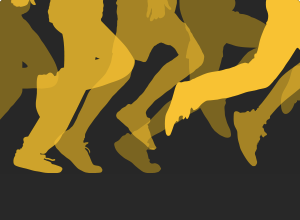

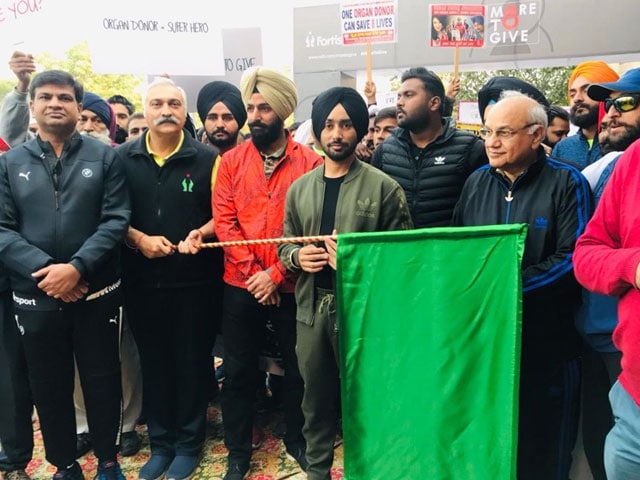

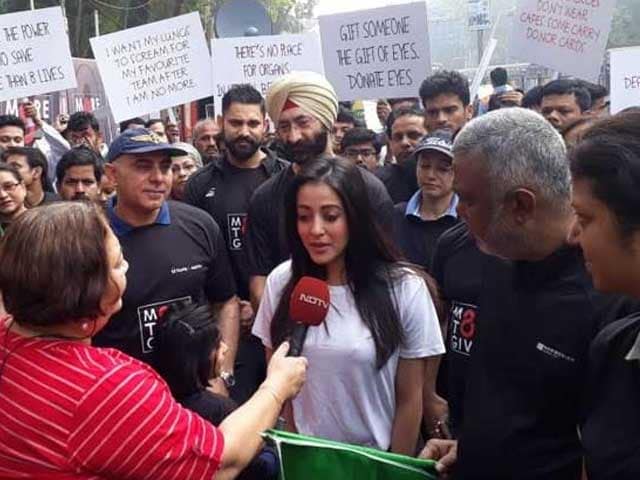
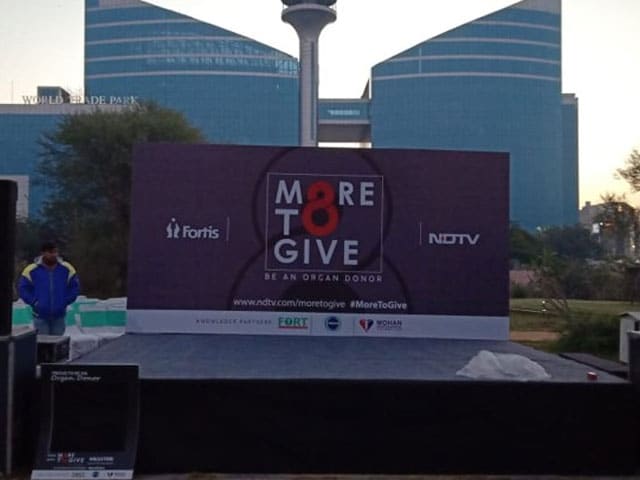
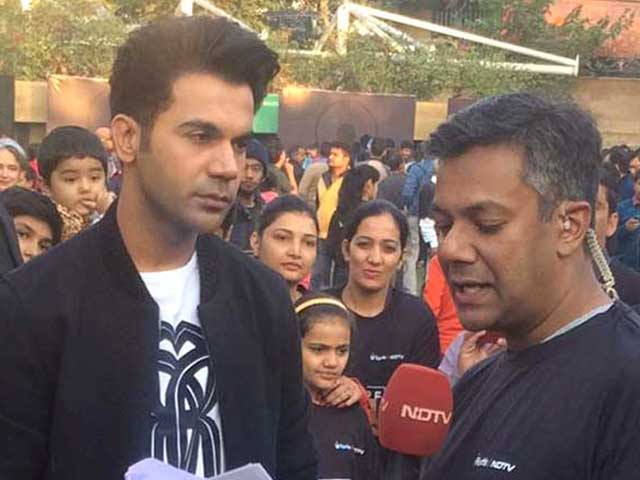


I am truly moved. Enlightened in under 10 minutes.